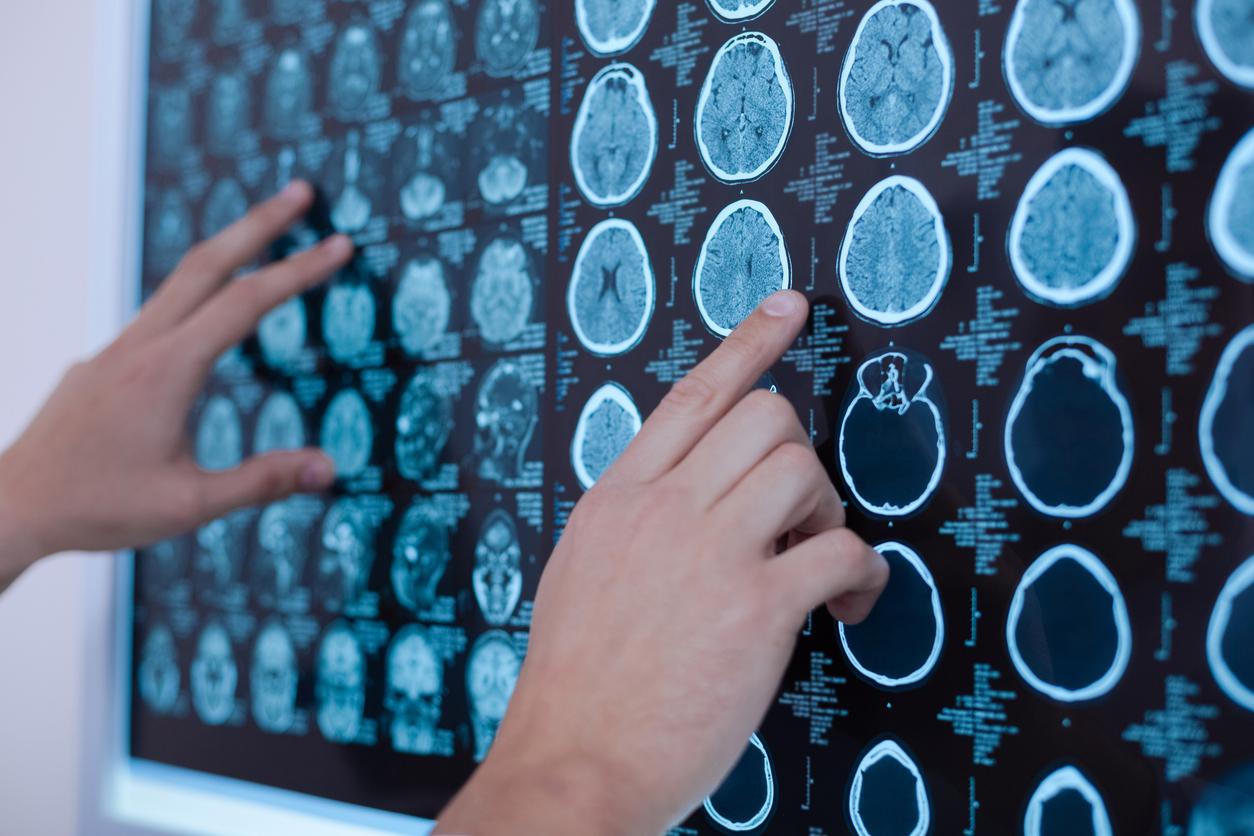Hormonal therapy does not play a role in the survival of patients with Prostate cancer. This is the conclusion of a study, published in JAMA Internal Medicine. At 15 years, survival remains very good with or without treatment.
Based on anti-androgens, this therapy consists of blocking the production of testosterone, a male hormone necessary for the growth of prostate cancer cells. Specifically, specific drugs prevent the secretion of LHRH, the hormone that triggers the production of testosterone.
Researchers evaluated the effects of antiandrogens on the fifteen-year survival of patients with stage T1 or T2 prostate cancer, which did not spread. beyond the prostate. Out of the 66,700 patients followed for nine years, survival is very good (90.6%) but treatment plays no role.
An absence of impact on survival but virtues of undisputed qualities of life
The therapy has serious side effects such as painful chest swelling, nausea, vomiting, lack of sexual desire and impotence, according to the National Cancer Institute (INCa).
As for the French Association of Urology (AFU), it does not particularly recommend anti-androgens in the case of prostate cancer of stage T1 or T2 because of the lack “of benefit in terms of survival global “. A report from the Federal Center for Expertise in Health Care (KFE) and the Belgian College of Oncology goes further and considers that hormone therapy alone does more harm than good for the localized treatment of cancer of prostate.
But its virtues on the quality of life of patients with advanced forms of cancer are, on the other hand, undisputed. Treatment is often used as a palliative, to both relieve pain and control symptoms of sickness. As a result of these results and because of the many side effects, Dr. Grace Yu-Lao, lead author of the study, insists on the caution that physicians should exercise when considering the use of hormone therapy.


















